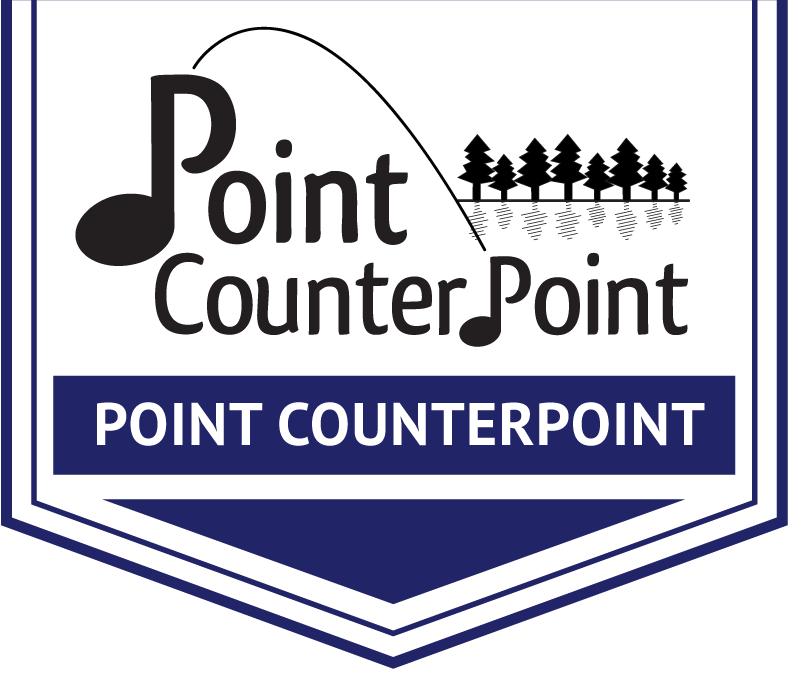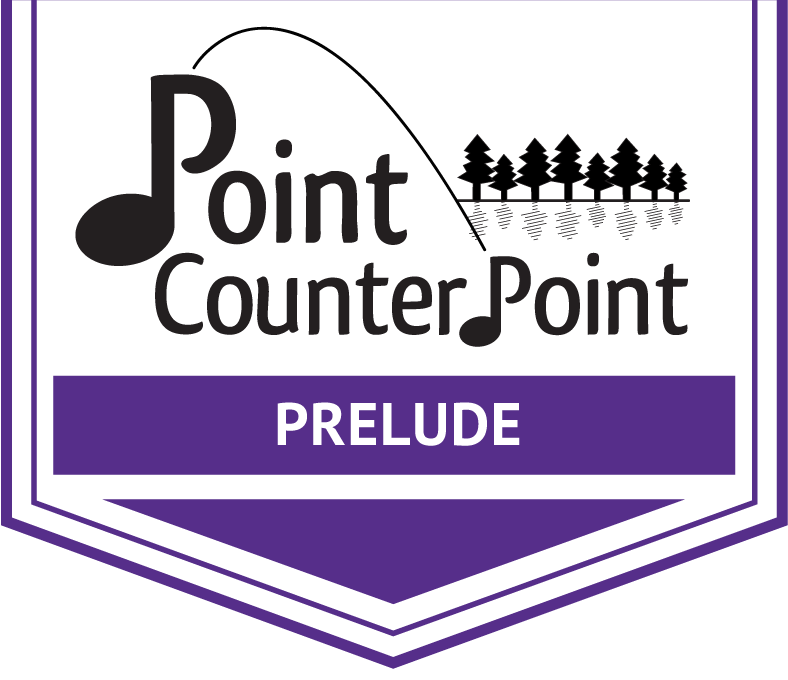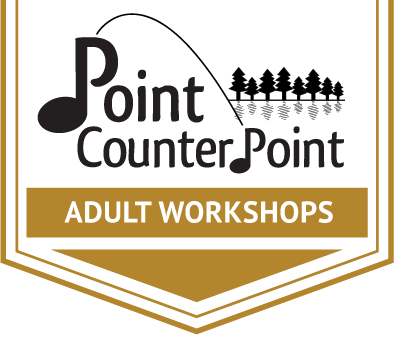Camp Point CounterPoint Land Acknowledgment
At Point Counterpoint, this year and going forward, we are committing to being more conscious of our presence in Vermont. For thousands of years prior to European colonization of the North and South American continents, indigenous tribes inhabited this land. Oftentimes, their stories are diminished or wiped out entirely. We want to pay respect to the people who lived here before us. The first step is education; that’s why we at PCP are going to learn about the tribes native to Vermont, the Abenaki people.
Vermont was inhabited by the Abenaki (a-buh-naa-kee) people, who were made up of many smaller tribes. They each held their own individual cultures that were slightly different from each other, but shared a common language and belief system. The Abenaki tribes inhabited land from Quebec into some northern sections of New England, including Vermont, and even here around Lake Dunmore. To them, this area was called the Wabanahkik, or the Dawn Land.
The Abenaki people have their own language, but it is close to becoming extinct in the speaking context. Their language is Algonquian and is related to many other indigenous languages, but it is entirely unique. The language is holophrastic, meaning that one word is representative of an entire phrase. For example, the phrase “who is this and where do they come from?” is encompassed in just one word. Storytelling is a major part of the Abenaki culture; it was used as a form of education, not just as entertainment. Instead of punishing a child, they would tell them a story that relates to the issue at hand.
Historically, the Abenaki people were nomadic, moving from place to place during the winter and fall, hunting, fishing, and trapping, living completely off the land. In the spring and summer months they would gather in temporary villages, but they tended to be quite small, typically around 100 people.
The Abenaki people still remain true to their nomadic living style, meaning they travel through land to obtain necessities for survival. In addition, they are extremely committed to sustainability and work to enhance practices that help preserve the land they inhabit in every way possible. When the tribal members debate issues, they consider the three Truths : 1-Peace: Is this preserved? 2-Righteousness: Is it moral? 3-Power: Does it preserve the integrity of the group? These truths guide all groups discussion, and the goal is to reach a consensus. If there is no consensus for change, they agree to keep the status quo.
Now that we are slightly more educated on the lives of the Abenaki people, it is important to formally acknowledge the land we are on with something called a land acknowledgement. The following statement is from Vermont Humanities association and was created to highlight the parts of history that are often left out. The land acknowledgement is as follows:
Point Counterpoint acknowledges that we do our work on Abenaki land.
We recognize the indigenous culture and people that existed in N’dakinna (Homeland/Dawn Land) long before Europeans arrived in North America.
We commit to policies and practices of cultural equity to benefit current and future generations.
It is important that we remember this commitment, and actively practice it during our time at PCP. We encourage you to do your own research when you return home in order to educate yourselves further about Abenaki culture and their role in Vermont, both in the past and present day.
Created by the 2021 PCP Counselor Team




